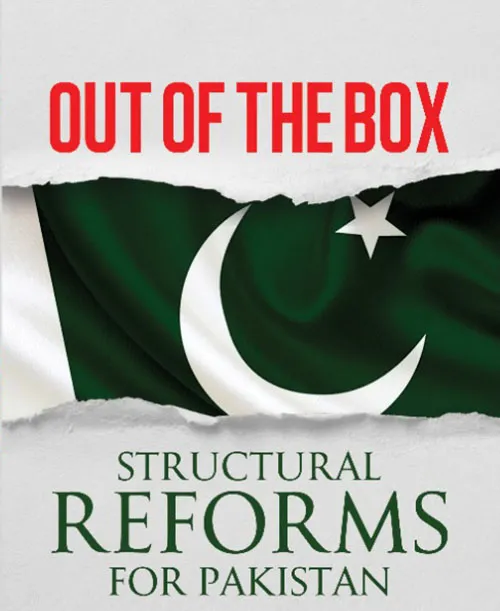In the United States, the Department of Government Efficiency (DOGE) is all the rage these days.
The Department of Government Efficiency (DOGE), a U.S. federal initiative launched on January 20, 2025, by President Donald Trump, has become a focal point for modernizing government operations. Established via executive order, DOGE aims to streamline federal technology, eliminate wasteful programs, and enhance productivity. Its aggressive measures—including system overhauls, workforce reductions, and fraud prevention—have sparked debate but also delivered measurable savings and reduced inefficiencies. Critically, DOGE is spearheaded by private-sector leaders, ensuring an outsider’s perspective on reform.
The initiative has faced criticism and resistance but even its biggest detractors privately acknowledge the savings it has realized and the huge curtailment of wastage it has achieved. Political opponents have in the past spoken about doing the same work but it has never moved beyond rhetoric. This time the difference is that the two individuals leading this effort are both outsiders.
Pakistan’s Reform Imperative
While DOGE reshapes U.S. governance, Pakistan remains trapped in a cycle of economic stagnation. After 24 IMF programs, structural flaws persist: stagnant exports, soaring debt, chronic unemployment, and failed industrialization.
Without radical changes to its leadership and incentives, Pakistan’s economy will remain dependent on external bailouts. This will only happen if the thinking and mindset of the people managing the economy changes radically.
The most urgent area that needs reforms and vast performance improvement is the government itself.
Without first reforming and downsizing it, all other reform efforts will stall.
A Pakistani DOGE: The Path Forward
Pakistan needs its own independent reform body, modeled after DOGE but tailored to local challenges. Key principles:
- National Mobilization: Reforms must engage all sectors—public, private, and civil society—to foster a culture of
merit and accountability. - Comprehensive Scope: Address fiscal management, industrialization, debt, exports, tax reform, energy,
education, and more. - Incentive Restructuring: Align stakeholder interests with national development goals to break the status quo.
This unit must operate free of bureaucratic influence, driving irreversible change to build a self-sufficient, resilient
economy. The alternative—more IMF reliance—is unsustainable.
The Time to Act Is Now!
Pakistan’s survival hinges on bold, homegrown reforms. The DOGE model offers a blueprint, but success demands unity and unwavering commitment from every citizen. Pakistan’s reform paralysis ends when we abandon the current mindset of dependency, fire fighting and prioritizing process over outcomes.
About the Author:
Aamir Mumtaz, former Chairman of Pakistan Steel Mills and founder of the economic advocacy group C4R Pakistan, champions systemic reform to secure Pakistan’s economic future.




